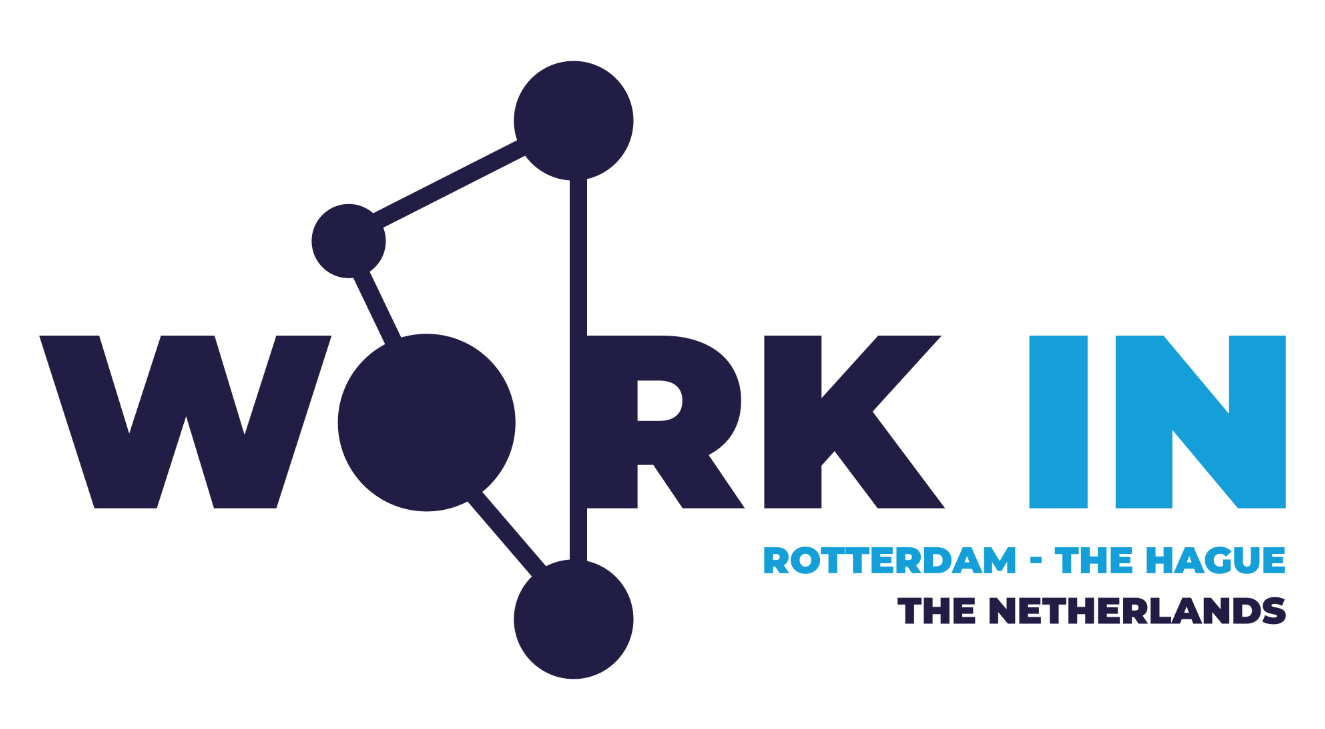Internship - Evidence and Discovery Management Unit (eDiscovery data management) - OTP

International Criminal Court
24023 | OTP
| Organisational Unit: | Evidence and Discovery Management Unit, Office of the Prosecutor |
| Duty Station: | The Hague - NL |
| Contract Duration: | 6 months |
| Deadline for Applications: | 22 June 2025 (midnight The Hague time) |
Due to the volume of applications received, only successful applicants will be contacted by the Court.
Required Documents for This Application
Please note that you will need to have the following information ready in order to complete your application:
- A completed “Duties and Responsibilities Form” (refer to step 1 on your eRecruitment Profile page).
- Motivation letter (maximum of 400 words).
- Two reference letters (one academic).
- Scanned copies of university degrees and/or diplomas.
- Scanned copies of official academic transcripts that state your courses, results and completion date.
- One short essay on a subject relevant to the work of the Court (maximum of 750 words, single spaced, type written).
Contract Duration
Interns are required to work full time for a period between three and six months (to be agreed to prior to commencement). Preference will be given to candidates who are available for six months. Internship placements shall not be extended beyond six months.
Organisational Context
The Office of the Prosecutor investigates and prosecutes genocide, crimes against humanity and war crimes committed by nationals of a State Party or on the territory of a State Party on or after 1 July 2002, the date of entry into force of the Rome Statute.
The Evidence and Discovery Management Unit (EDMU), located within the Information, Knowledge, Evidence Management Section (IKEMS) of the Office of the Prosecutor, is responsible for all aspects of managing, processing and handling evidence collected during the course of the Office’s investigations.
The Evidence Discovery Management Unit provides specialised technical and data analytic support to the unified investigation and prosecution teams through the use of dedicated tools and by developing techniques, specialised scripts, and programs or algorithms which exploit large, structured and unstructured data sets within the framework of the OTP’s systematic application of an organ-wide Electronic Discovery Reference Model (EDRM).
Duties and Responsibilities
Assist in Data Collection and Preservation
- Support the identification, collection, and preservation of electronically stored information (ESI) in compliance with legal and procedural requirements.
- Ensure adherence to chain-of-custody protocols and maintain accurate documentation of all actions.
Support the Use of eDiscovery Tools
- Gain hands-on experience with various eDiscovery platforms for tasks such as document review, data analysis, and tagging relevant evidence.
- Collaborate with the Evidence Discovery Management Unit to process and load data into eDiscovery systems.
Data Processing and Preparation
- Assist in processing electronic data for review, including tasks such as metadata extraction, Optical Character Recognition (OCR) for scanned documents, and ensuring data is accurately indexed for search and analysis.
- Perform quality control checks to ensure data integrity and completeness.
Document Review and Analysis
- Utilize keyword searches, metadata filters, and AI-assisted analytics to streamline case analysis.
Research and Report Development
- Conduct research on eDiscovery best practices, technological advancements, and applicable procedural guidelines.
- Draft summaries, reports, and presentations to communicate findings or progress to internal stakeholders.
Collaborate with Interdisciplinary Teams
- Work closely with legal, forensic, and technical teams to ensure that eDiscovery activities align with the overall case strategy.
- Assist in developing workflows to optimize the eDiscovery lifecycle, including data culling, deduplication, and production.
Candidates should be aware that as part of their review work they might encounter graphic and sensitive audio/visual material.
Required Qualifications
Education:
- Currently enrolled in or recently graduated from a degree program in Law, Information Technology, Computer Science, Digital Forensics, or a related field.
- Coursework or certification in eDiscovery, digital forensics, or legal technology is an advantage.
Experience:
Internship placements focus on candidates in the early stages of their professional careers therefore; practical experience is not an essential prerequisite for selection. However, practical experience that is relevant to the work of the Court may be considered an asset. Applicants must have less than three years of relevant full-time professional experience to be considered for an internship.
Knowledge, Skills and Abilities:
Technical Proficiency
- Basic understanding of eDiscovery tools and processes, such as data collection, processing, and review.
- Experience with metadata analysis, data indexing, Optical Character Recognition (OCR), and document management systems is desirable.
- Proficiency in Microsoft Office Suite (Word, Excel, PowerPoint) and other productivity tools.
Analytical and Research Skills
- Ability to analyze and synthesize information from large datasets.
- Familiarity with legal and technical research methods and an interest in learning about the intersection of technology and law.
Communication and Collaboration
- Effective written and verbal communication skills, with the ability to draft clear reports and summaries.
- Team-oriented mindset and ability to collaborate with interdisciplinary teams.
Attention to Detail and Problem-Solving
- Problem-solving skills and a proactive approach to tackling challenges in a structured environment.
Interest in International Justice
- A keen interest in the mission and operations of international justice organizations, particularly in the areas of legal technology and evidence discovery.
Knowledge of Languages:
Proficiency in one of the working languages of the Court, French or English, is required. Working knowledge of the other is desirable. Knowledge of another official language of the Court (Arabic, Chinese, Russian and Spanish) or of German is an asset. Applicants with a working knowledge of Ukrainian, Russian or Arabic are strongly encouraged to apply.
Other criteria:
It is the Court’s objective to have diversity and gender balance. And in line with the ICC’s efforts to improve geographical representation among staff, nationals of non-represented and under-represented countries at the ICC are encouraged to apply. The list can be found here.
Remuneration
Please note that internship and visiting professional placements at the ICC are unfunded. The ICC is not able to provide participants in the Internship and Visiting Professional Programme with any remuneration, nor is it possible to provide reimbursement for expenses incurred prior, during or after the internship or visiting professional placement.
Applicants must therefore be able to support themselves for the entire duration of their internship or visiting professional placement.

